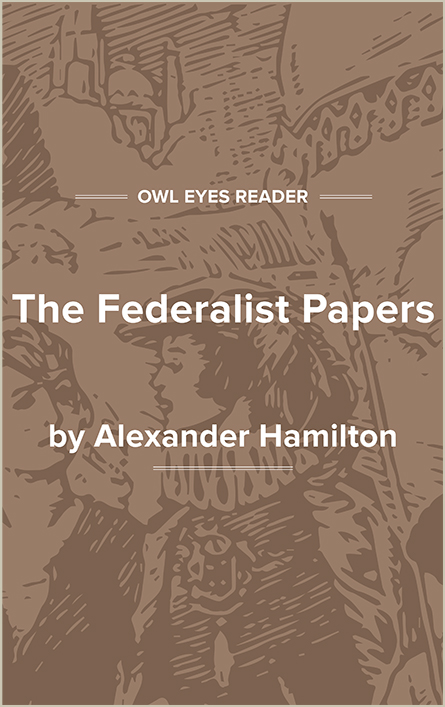Study Guide
James Madison Biography
James Madison was born to Nelly Conway and Colonel James Madison. His antecedents had pioneered lands in Orange County, where he inherited the five-thousand-acre estate Montpelier, whose mansion he commissioned William Thornton to rebuild. Tutors prepared him in the classics, French, and Spanish. He received his B.A. from Princeton University in 1771 after two years of study, principally in history, government, and debate. His health compelled him to return to Montpelier, where he studied law, and limited his participation in the Revolutionary War to civilian service.
He was a member of the Virginia Committee of Safety in 1775, the Constitutional Convention in 1776, the Executive Council in 1778-1780, and the House of Delegates in 1776, 1783-1786, and 1799. As a free-thinker, he advocated religious freedom and disestablishment of the Church. In 1784 he defeated Patrick Henry’s bill in the Virginia legislature to give financial support to “teachers of Christian religion.” Refusal to treat voters to liquor at the polls caused his only political defeat, reelection to the House of Delegates in 1777. In Virginia, Madison established his reputation for meticulous detail, linguistic ability, and grasp of principles of government.
As a delegate to the Continental Congress in 1780-1783 and 1786-1789 Madison kept valuable notes of its proceedings. He consistently advocated that the confederation raise revenue by a uniform tariff, voiced the ambitions of the Trans-Allegheny, helped persuade Congress to honor Virginia’s ownership and gift of the Northwest Territory, and blocked northern mercantile proposals to exchange Mississippi navigation for Spanish trading concessions.
Madison’s fame rests primarily on his contributions to the Federal Convention at Philadelphia in 1787. In hopes of broader interstate compromises, he had participated in the compromise of Virginia’s and Maryland’s maritime differences that had led to the convention. Although not the convention’s official secretary, he kept daily notes of its proceedings, which comprise the only eye-witness history of the convention. He became the leading advocate of a national government with coercive power as the alternative to monarchy or fragmentation. Although Edmund Randolph presented the Virginia Plan to the convention, Madison’s influence upon it was immense, minimizing small-state fears by favoring strong executive and judicial departments as protection against omnipotent central government. Although in 1787 he asserted federal power to incorporate a national bank, as president he vetoed in 1812 the recharter of such a bank, denying that the “general welfare” clause enlarged federal power. He opposed restriction of the slave trade and reiterated his federal ratio of congressional representation. Insisting that experience, not theory, guide constitution making, Madison is justly called “Father of the Constitution.”
While at New York to persuade the old Congress to submit the new Constitution to the states without amendments, he collaborated with Alexander Hamilton and John Jay on essays, which were collected as The Federalist. Only George Washington’s endorsement did more to foster ratification. The Federalist is America’s most important constitutional commentary and contribution to political science. In his essays Madison argued that only the central government could reconcile economic rivalries, that property deserved protection from ephemeral popular majorities, and that states would not lose their identity under the federal system.
In Virginia’s 1788 ratifying convention Madison led Federalists against such opponents as George Mason and Patrick Henry. His support for Kentucky’s approaching separation from Virginia possibly contributed to the narrow Federalist victory. In the House of Representatives, 1789-1797, Madison not only helped frame the first ten amendments to the Constitution and revenue laws but also became the focus of the new...
(The entire page is 1,498 words.)
Owl Eyes subscribers get unlimited access to our expert annotations, analyses, and study guides on your favorite texts. Master the classics for less than $5/month!

